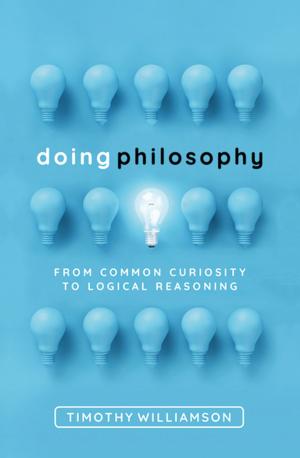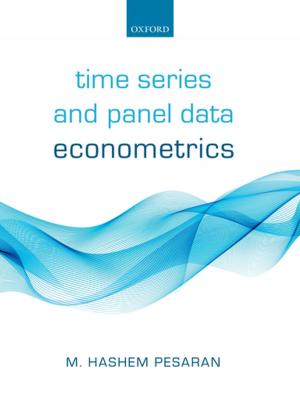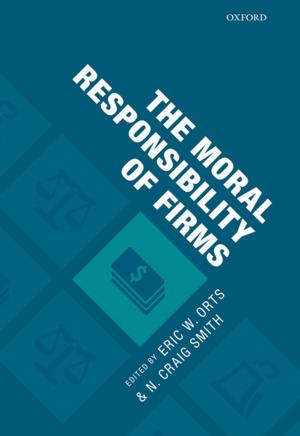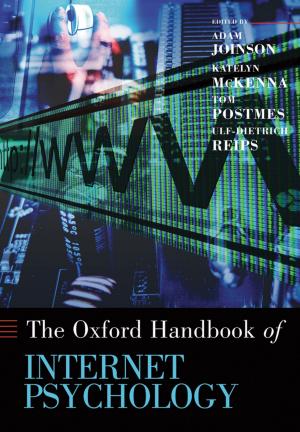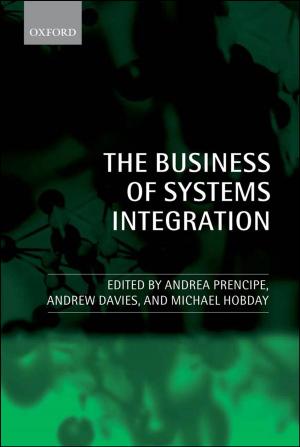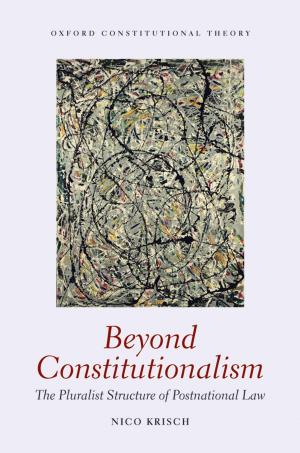Inheritance of Wealth
Justice, Equality, and the Right to Bequeath
Nonfiction, Religion & Spirituality, Philosophy, Ethics & Moral Philosophy, Social & Cultural Studies, Political Science| Author: | Daniel Halliday | ISBN: | 9780192525000 |
| Publisher: | OUP Oxford | Publication: | March 2, 2018 |
| Imprint: | OUP Oxford | Language: | English |
| Author: | Daniel Halliday |
| ISBN: | 9780192525000 |
| Publisher: | OUP Oxford |
| Publication: | March 2, 2018 |
| Imprint: | OUP Oxford |
| Language: | English |
Daniel Halliday examines the moral grounding of the right to bequeath or transfer wealth. He engages with contemporary concerns about wealth inequality, class hierarchy, and taxation, while also drawing on the history of the egalitarian, utilitarian, and liberal traditions in political philosophy. He presents an egalitarian case for restricting inherited wealth, arguing that unrestricted inheritance is unjust to the extent that it enables and enhances the intergenerational replication of inequality. Here, inequality is understood in a group-based sense: the unjust effects of inheritance are principally in its tendency to concentrate certain opportunities into certain groups. This results in what Halliday describes as 'economic segregation'. He defends a specific proposal about how to tax inherited wealth: roughly, inheritance should be taxed more heavily when it comes from old money. He rebuts some sceptical arguments against inheritance taxes, and makes suggestions about how tax schemes should be designed.
Daniel Halliday examines the moral grounding of the right to bequeath or transfer wealth. He engages with contemporary concerns about wealth inequality, class hierarchy, and taxation, while also drawing on the history of the egalitarian, utilitarian, and liberal traditions in political philosophy. He presents an egalitarian case for restricting inherited wealth, arguing that unrestricted inheritance is unjust to the extent that it enables and enhances the intergenerational replication of inequality. Here, inequality is understood in a group-based sense: the unjust effects of inheritance are principally in its tendency to concentrate certain opportunities into certain groups. This results in what Halliday describes as 'economic segregation'. He defends a specific proposal about how to tax inherited wealth: roughly, inheritance should be taxed more heavily when it comes from old money. He rebuts some sceptical arguments against inheritance taxes, and makes suggestions about how tax schemes should be designed.



